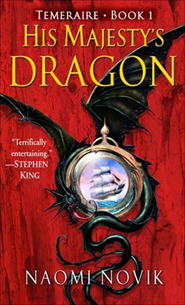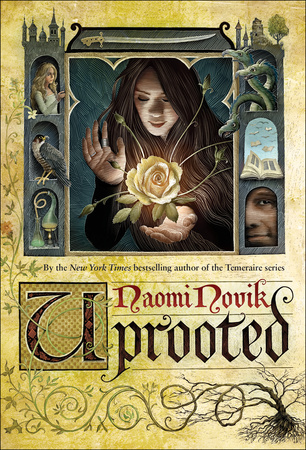Set in 1830's India, this book by M. J. Carter is a mystery that evokes the hot and harsh environs very effectively and offers a biting view of the deteriorating relations between the policies and practices of the East India Company and the native population at all social levels. The strangler vine, which wraps itself around trees and eventually kills them, is a less-than-subtle metaphor for the colonialism of the Raj.
A minor officer in the EIC army, Avery, is set to accompany, Blake, an apparently dissolute former captain who has gone native to locate a famous and now missing British author, Mounstuart, in the back country. Apparently Blake was something of a "black ops" specialist for the EIC until his native wife died and then he simply withdrew from society. Blake and Avery are accompanied by 3 additional native employees of the company as they begin to trace Mountstuart's route and Avery begins to get a sense of Blake's wide range of skills, not least of which are his fluency in the local languages and an uncanny ability to disguise himself as a native in order to blend in and gather intelligence. The cult of Thugee--real or manufactured--plays a prominent role in this elaborate plot which involves betrayals from unexpected sources. An excellent and engaging read and I will track down the sequel featuring Blake and Avery, The Infidel Stain. Favorable reviews from Kirkus, The Washington Post, and The Independent.
A minor officer in the EIC army, Avery, is set to accompany, Blake, an apparently dissolute former captain who has gone native to locate a famous and now missing British author, Mounstuart, in the back country. Apparently Blake was something of a "black ops" specialist for the EIC until his native wife died and then he simply withdrew from society. Blake and Avery are accompanied by 3 additional native employees of the company as they begin to trace Mountstuart's route and Avery begins to get a sense of Blake's wide range of skills, not least of which are his fluency in the local languages and an uncanny ability to disguise himself as a native in order to blend in and gather intelligence. The cult of Thugee--real or manufactured--plays a prominent role in this elaborate plot which involves betrayals from unexpected sources. An excellent and engaging read and I will track down the sequel featuring Blake and Avery, The Infidel Stain. Favorable reviews from Kirkus, The Washington Post, and The Independent.











